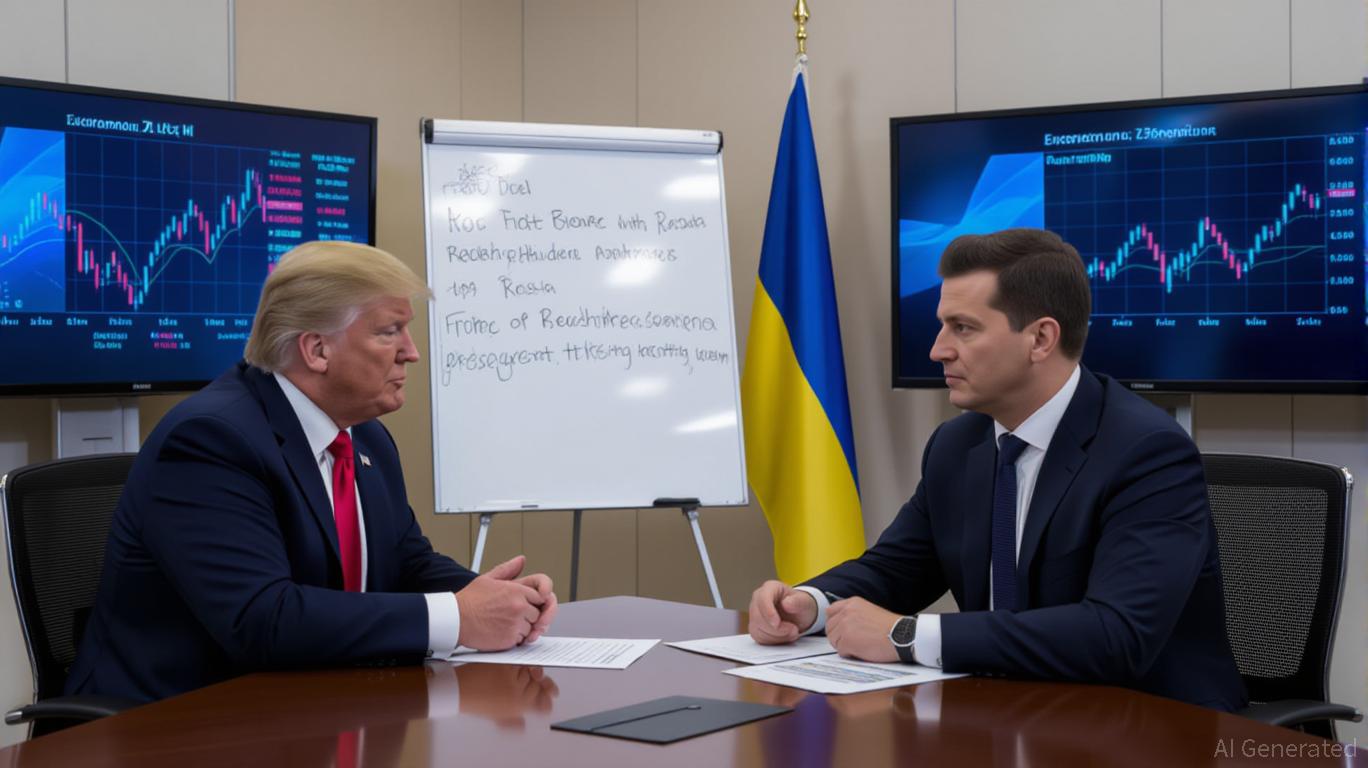European natural gas prices have dropped to a new low for the year of 2025, as market participants closely watch the geopolitical landscape ahead of an anticipated meeting between Donald Trump and Volodymyr Zelenskiy. The price decline reflects ongoing shifts in energy demand, seasonal trends, and expectations around potential developments in the Russia-Ukraine conflict.
Market Response to Geopolitical Uncertainty
The price movement comes ahead of a high-stakes meeting between Trump and Zelenskiy, where discussions are expected to focus on potential pathways toward a peace agreement between Ukraine and Russia. Market analysts have noted that the timing of the price fall aligns with heightened anticipation of diplomatic activity. Natural gas prices often react to geopolitical signals, and this period is no exception.
Zelenskiy has faced increasing domestic and international pressure to engage in peace negotiations with Moscow. While no formal deal has yet been announced, the mere possibility of talks has contributed to a more subdued outlook for energy prices, as investors anticipate a reduction in supply disruptions and military escalation.
Price Trends and Seasonal Dynamics
The recent decline in gas prices has brought European benchmarks to their lowest level of 2025. The drop follows a pattern seen in previous years, where prices tend to ease during periods of lower industrial demand and milder weather forecasts. Storage levels across the continent have also reached healthy thresholds, reducing the urgency for price support from seasonal factors.
Despite the downward trajectory, the market remains sensitive to any signs of instability or renewed conflict. Energy traders continue to monitor the geopolitical narrative closely, as developments in the war could quickly reverse the current price trend.
Speculation on Policy Influence
The timing of the price fall in relation to Trump’s engagement with Zelenskiy has led some to speculate about the influence of U.S. policy shifts on market dynamics. Trump, who has long advocated for a reduction in U.S. involvement in the Ukraine-Russia conflict, may push for a diplomatic resolution that could impact the energy sector’s risk profile.
While the Trump-Zelenskiy meeting has not yet resulted in concrete terms of engagement, the expectation of U.S. involvement in peace talks has already shaped market psychology. Traders are positioning themselves for multiple scenarios, with a clear preference for stable geopolitical conditions that could underpin further price declines.
Looking Ahead
Natural gas prices are expected to remain volatile in the near term, as investors balance the likelihood of a negotiated peace with ongoing uncertainties in the war. The market’s reaction to the current geopolitical developments underscores the deep interconnection between energy markets and international diplomacy. Any movement toward a resolution could signal a broader easing of pressure on European energy markets in the coming months.

